 Hustle culture is awful. It’s not a unique thought, obviously. And it’s not a problem unique to the writing/publishing world. If you’re a creative writer, though, you know what I’m talking about. It’s so toxic. I hate it. I’m sure you do, too. Trouble is, hustle culture is hard to resist!
Hustle culture is awful. It’s not a unique thought, obviously. And it’s not a problem unique to the writing/publishing world. If you’re a creative writer, though, you know what I’m talking about. It’s so toxic. I hate it. I’m sure you do, too. Trouble is, hustle culture is hard to resist!
A few days ago, a fellow short fiction author posted in the Codex Writers forums about how worn down she is by the grind of the short fiction world and how she’s feeling ready to just… stop? Like, she still wants to write stuff for herself, but she’s ready to quit pursuing publishing. Why? Because the publishing industry as a whole is So. Damned. Toxic. Not to mention unsustainable. The ratio of rejections to acceptances is appallingly high. Which isn’t a new thing but yeah. It sucks.
A bunch of people responded to her forum post with comments about feeling equally burned out. My heart ached for her (and for all the authors who commented about being in the same place she is). She’s an incredible writer and an incredible person. The thread filled up with offers of love and virtual hugs and general support. I didn’t leave a comment. I didn’t feel like I had anything to offer that would change her situation or make her feel authentically better. And also, I don’t think I’m struggling with things in quite the same way she seems to be.
I enjoy writing short stories, but trying to get them published is definitely a grind. And, oh my goodness folks, the hustle culture is ridiculous!
Recently, I read a post by author Chuck Wendig that was supposed to be funny but left me feeling a little sick. Basically, he described the sisyphean nature of the writing/publishing world’s hustle culture without actually naming it. The post was supposed to be funny, sort of, but I felt sad after reading it. Wendig’s musings highlighted the (unhappily) accepted norms of the industry, but the thesis of his post seemed to be, “This is absolutely awful and horrible but there’s no viable alternatives so we authors just need to accept it or else we’ll fail and starve.” I mean, he wasn’t actively promoting hustle culture. But he also wasn’t rejecting it. He was just complaining about it while simultaneously engaging in it.

At Boskone last year (or maybe it was the year before), I listened to a panel discussion about this exact issue. One of the panelists was veteran short story author and novelist John Langen, who shared that he still gets upwards of a hundred rejections each year. He also gets solicitations to contribute to anthologies, and invitations to collaborate with greats like Paul Tremblay, which likely serves as a nice buffer to all those rejection letters. While on the Boskone panel, he advised new writers to just keep submitting stories. Just acknowledge that rejection is part of the process. In that moment, I felt seen and affirmed. I nodded my head in agreement. Yes, yes! It’s not just me getting 40+ rejections for every 1 acceptance. It’s not just new authors. It’s all of us, even the established folks. That makes it okay. But… maybe not?
Just because creative writers, new and established, are all in the same boat together doesn’t mean the boat isn’t a genuinely toxic place to be. I mean, if I were on a cruise ship plagued with norovirus and there happened to be a few celebrities on board whom I admired, their presence wouldn’t lessen the awfulness of puking my guts out. I wouldn’t be like, “I feel like I’m dying but it’s okay because So-and-So Big Name is going through this, too, and they say this is just how cruising is.” Nope. I’d be like, “This experience is terrible and I can’t wait for it to be over and I’m never doing it again.”
Maybe Langen’s argument that we should all just suck it up and go with the flow doesn’t make sense. Not like it used to, anyway. You know, once upon a time back in the days of actual typewriters and physical paper. Back when you had to buy postage and envelopes. When the pace of life moved at 7 to 10 business days. Oh, and there were 50%+ fewer people on the planet. Back then there were more markets and fewer writers submitting fewer stories to them. Yes, they were all still getting far more rejections than acceptances, but the ratio was waaaaay lower than it is today.

These days, short fiction markets are closing right and left while technology is making those ever dwindling markets more and more accessible on a global scale. Magazines used to get fifty submissions a week. Now magazines sometimes get over two hundred submissions a week. In many ways, the new accessibility is a good thing. New and previously underrepresented writers who maybe couldn’t previously submit their work now can. Historically underrepresented voices and perspectives and cultures are enriching the genre fiction world. That’s fantastic. The point I’m trying to make, though, is that the market is oversaturated. Beyond oversaturated if you factor in AI submissions, and that trend is increasing. So yeah, fewer markets and exponentially more submissions to them. A perfect recipe for hustle culture. I don’t blame that author over on Codex for burning out and having a “what’s the point in trying” moment.
There are soooo many factors involved in getting published that are completely out of an author’s control. Some of it is raw numbers and market trends, some of it is yuckier stuff (nepotism, favoritism, biases and prejudices that people in the industry don’t like to talk about and certainly don’t want to acknowledge), but more and more getting a story published is just a matter of chance. Yet the hustle culture of the publishing world would have us believing that there’s a causal relationship between how hard we work and how much publication success we have. Authors who self-publish are, perhaps, in a slightly different situation, but some would argue the hustle culture is even worse for them. I don’t know. That’s a discussion for a different day.
 In my mind, submitting a story for publication is a bit like buying a scratch ticket. The idea of getting published is fun, and occasionally I get an acceptance letter. In those instances, I revel in the endorphin dump and embrace the dopamine hit of seeing my stories in print, but I try hard to resist the hustle culture. That old adage that “If you’re not writing every day, you’re not a real writer” is harmful and self-destructive. I have a day job. I’m a teacher (another industry with a toxic hustle culture problem). I have a family and, you know, other hobbies and interests that I enjoy.
In my mind, submitting a story for publication is a bit like buying a scratch ticket. The idea of getting published is fun, and occasionally I get an acceptance letter. In those instances, I revel in the endorphin dump and embrace the dopamine hit of seeing my stories in print, but I try hard to resist the hustle culture. That old adage that “If you’re not writing every day, you’re not a real writer” is harmful and self-destructive. I have a day job. I’m a teacher (another industry with a toxic hustle culture problem). I have a family and, you know, other hobbies and interests that I enjoy.
I write stories, and I submit them to markets for possible publication. But I do it at my own pace, in a way that fits in my life, and I don’t feel guilty about that. I’m not willing to engage with the hustle culture that seems to drive the publishing industry so completely. If I don’t write today, or this week, or this month because I’m too busy with other things or even just because I don’t feel like writing, I’m okay with that. The author who posted about burnout over on Codex probably won’t read this, but I hope she finds a way to reject the grind and rediscover the joy in writing, because she’s a damned good writer and I hate what the hustle culture of the industry is doing to her and to all writers (all creatives really).
I’ve got a few stories out on submission right now. I’m playing around with a few new stories, too. I’m doing a live reading with two other Radon Journal authors in July. I’ll also be attending ReaderCon as a panelist this year. Beyond that, I’m elbows deep in developing two new genetics and biotechnology courses to teach next year, and I’m taking a graduate class so I can actually teach those classes competently. I’m embarking upon the college application process with my eldest child (omg MORE hustle culture shenanigans). Yikes, that’s a lot. Guess I’m as trapped in the hustle culture as everyone else. But, I’m also gardening, and kayaking, and bird watching, and going for hikes, and reading, and sitting in the backyard feeling the sun on my face while listening to the wind rustle through the leaves of Yggdrasil.
Are you feeling burned out these days? Is the hustle culture grinding you down? Feel free to vent or commiserate or offer tips for breaking free in the comments. As always, thanks for stopping by, and happy writing to you.

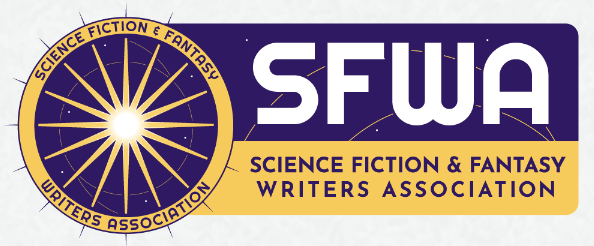


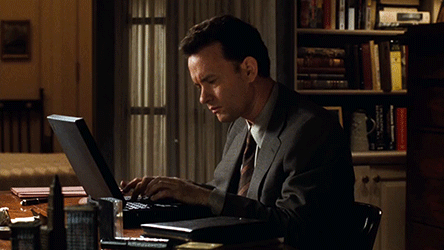



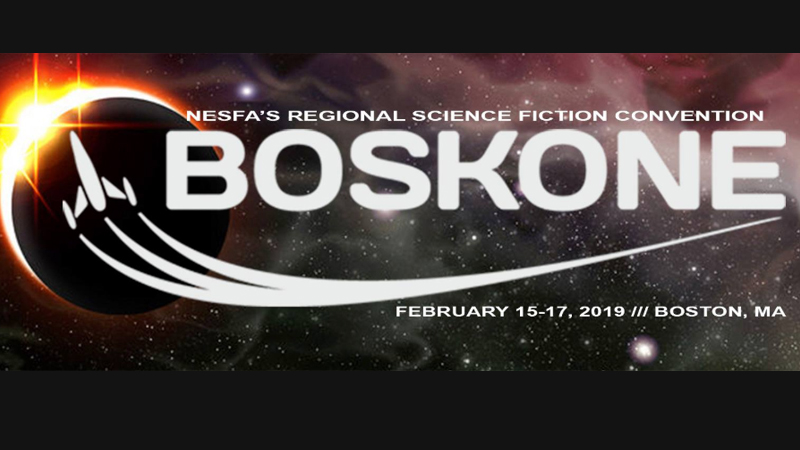

 I’m a creative writer, but my beloved is a visual artist, as is my mother, and I’m friends with a voice actor and a musician. Trying to make it, professionally, in any art-related field is not for the faint of heart. It can wear you down if you’re not careful. That’s why finding and joining supportive communities is essential. For me–an aspiring author of fantasy, science fiction, and horror fiction–Boskone is one of the best, most supportive communities in New England.
I’m a creative writer, but my beloved is a visual artist, as is my mother, and I’m friends with a voice actor and a musician. Trying to make it, professionally, in any art-related field is not for the faint of heart. It can wear you down if you’re not careful. That’s why finding and joining supportive communities is essential. For me–an aspiring author of fantasy, science fiction, and horror fiction–Boskone is one of the best, most supportive communities in New England. Beloved and I opted to get a room in the convention hotel this year rather than commute each day. Good call. If I can, I’ll be staying at the hotel again next year. Taking an elevator up to my room at the end of the day made the evening activities far more enjoyable (although I still wasn’t pulling super late nights because of my cold).
Beloved and I opted to get a room in the convention hotel this year rather than commute each day. Good call. If I can, I’ll be staying at the hotel again next year. Taking an elevator up to my room at the end of the day made the evening activities far more enjoyable (although I still wasn’t pulling super late nights because of my cold). The first panel discussion I attended was Editing Your Manuscript for Submission. I took copious notes as author/editor
The first panel discussion I attended was Editing Your Manuscript for Submission. I took copious notes as author/editor 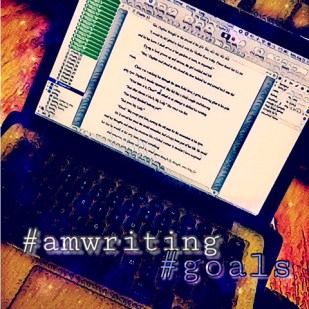
 To prove myself a non-creep, I made a point of shaking his hand and introducing myself instead of just staring. A couple of other aspiring writers joined us as well as one established author:
To prove myself a non-creep, I made a point of shaking his hand and introducing myself instead of just staring. A couple of other aspiring writers joined us as well as one established author:  Among the talented women who read from published works and works-in-progress were
Among the talented women who read from published works and works-in-progress were 

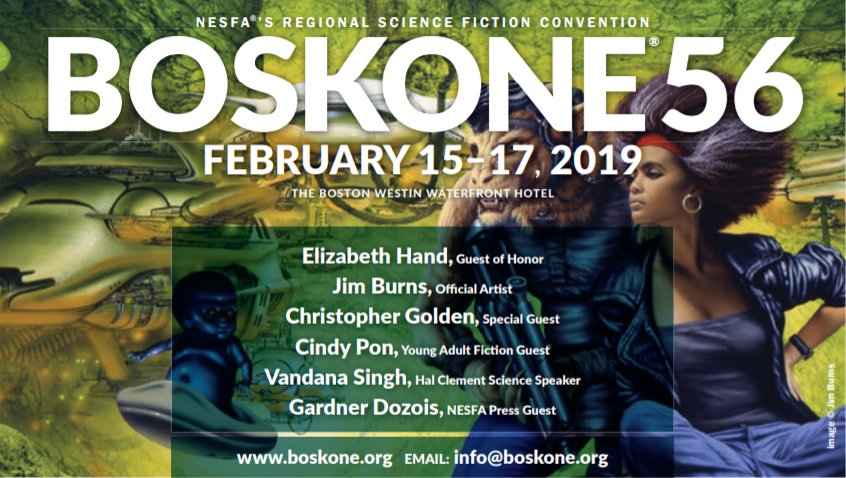
 Last year at this time, I was a hot mess.
Last year at this time, I was a hot mess.  So, while I thoroughly enjoyed the panels at Boskone55 (see my wrap-up post
So, while I thoroughly enjoyed the panels at Boskone55 (see my wrap-up post 
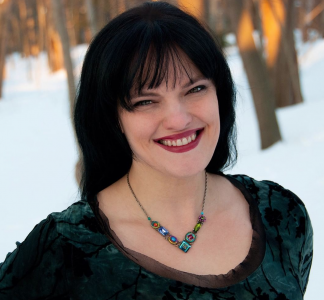
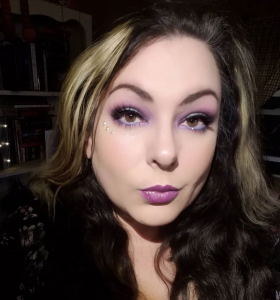

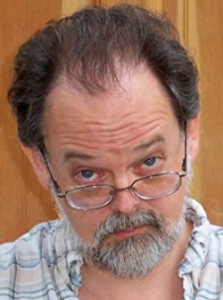
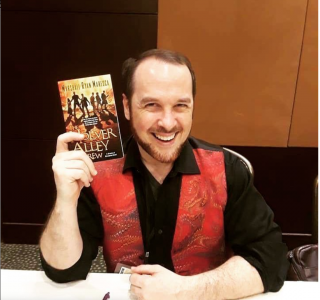
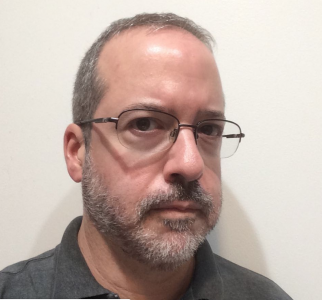
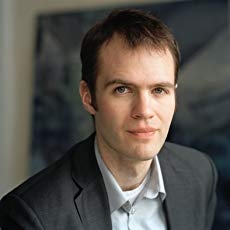
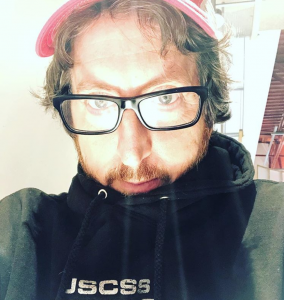




 Jason flat out told me during my final residency at Lesley University that he’s living an unsustainable life at the moment. He doesn’t know when he’ll collapse, but he feels it coming. Victoria has said much the same thing in a few of her videos over on
Jason flat out told me during my final residency at Lesley University that he’s living an unsustainable life at the moment. He doesn’t know when he’ll collapse, but he feels it coming. Victoria has said much the same thing in a few of her videos over on 
 Six days ago, astronaut Mark Watney became one of the first people to walk on Mars.
Six days ago, astronaut Mark Watney became one of the first people to walk on Mars. 

 Tension is what attacks our brains. Tension hooks us into a story and makes us want to know what happens next. In The Martian, the MC–Mark Watney–faces one problem after another after another as he fights to survive on Mars. And yet I wasn’t chewing my fingernails worrying about the consequences.
Tension is what attacks our brains. Tension hooks us into a story and makes us want to know what happens next. In The Martian, the MC–Mark Watney–faces one problem after another after another as he fights to survive on Mars. And yet I wasn’t chewing my fingernails worrying about the consequences. I love me some action, but you’ve gotta connect me to the character on an emotional level, and do so as quickly as possible, if you want to hook me into the story. Weir didn’t do that.
I love me some action, but you’ve gotta connect me to the character on an emotional level, and do so as quickly as possible, if you want to hook me into the story. Weir didn’t do that.  Yeah, he swore a lot and wrote flippant comments and cracked an Aquaman joke. Maybe a strong “voice” isn’t enough. It’s got to be welded to emotional interiority of the character. What few emotions we saw were… flat. I didn’t believe them.
Yeah, he swore a lot and wrote flippant comments and cracked an Aquaman joke. Maybe a strong “voice” isn’t enough. It’s got to be welded to emotional interiority of the character. What few emotions we saw were… flat. I didn’t believe them. 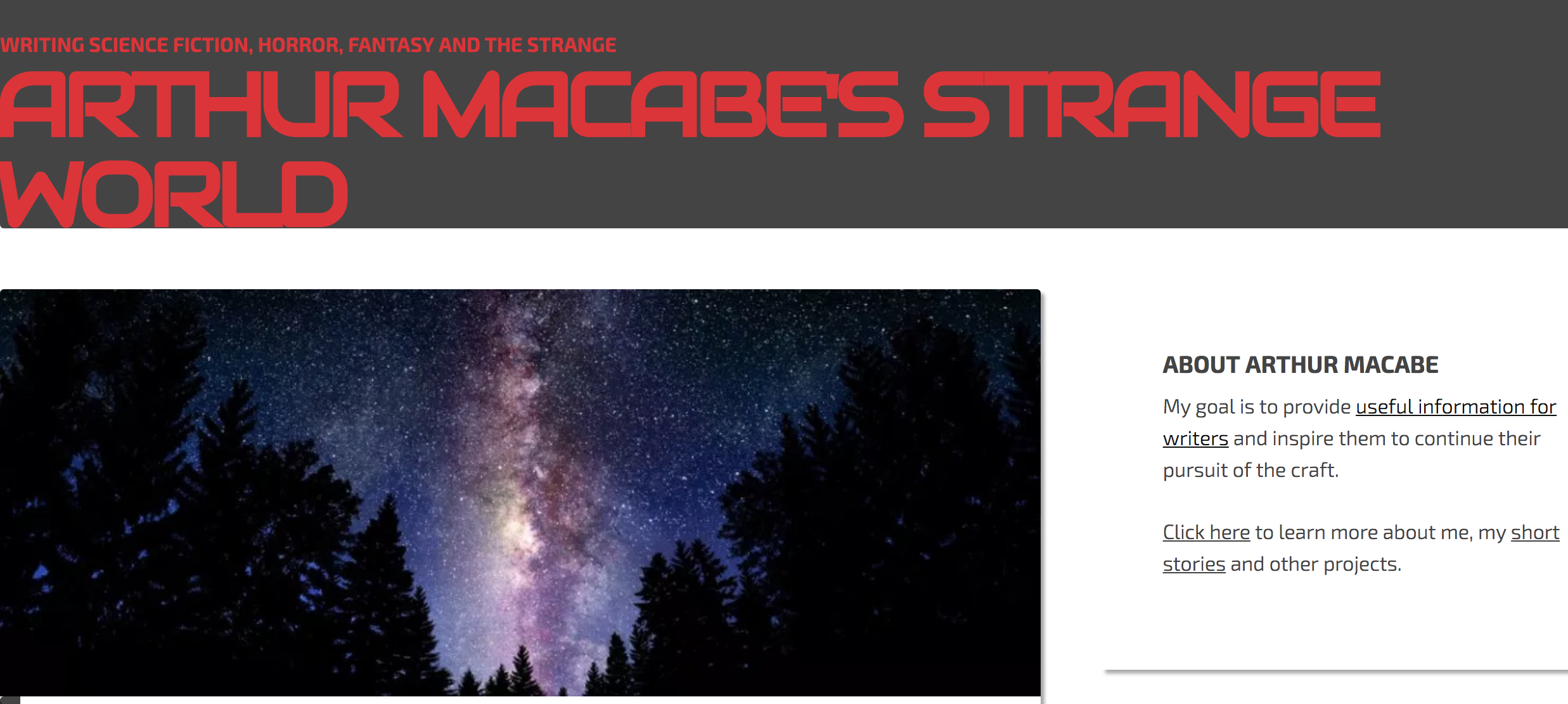

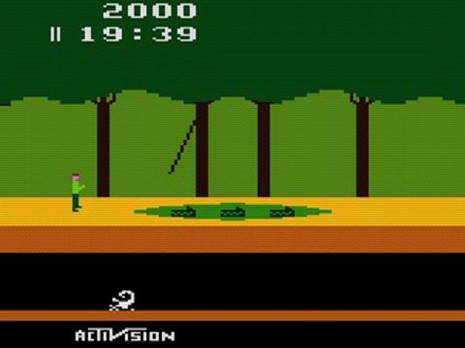

 Back in my early 20’s, right around the time I got married, I bought a copy of Stephen King’s semi-autobiographical craft book
Back in my early 20’s, right around the time I got married, I bought a copy of Stephen King’s semi-autobiographical craft book 




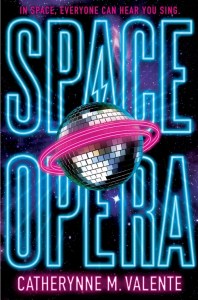

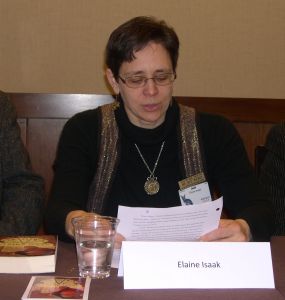


 The nature or purpose of incarceration both in life and in fiction generated lots of questions and comments from the audience. Is the primary purpose of imprisonment to punish the individual or to send a message to the broader populace? Or is it a tool to rehabilitate, and if so, who decides what constitutes “rehabilitated?”
The nature or purpose of incarceration both in life and in fiction generated lots of questions and comments from the audience. Is the primary purpose of imprisonment to punish the individual or to send a message to the broader populace? Or is it a tool to rehabilitate, and if so, who decides what constitutes “rehabilitated?” The discussion then shifted to the concept of definitive versus ambiguous endings in horror novels. Ellen Datlow professed that ambiguous endings get tiresome. She likes a story that ties up all the loose ends. [Correction: Ellen did not actually say that. That was my (mis)interpretation. Rather, she said that reading too many stories with ambiguous endings gets tiresome, and there seem to be many of them, so the stories with definitive endings are a welcome break from that. That’s not a direct quote either, but I think I’m correctly capturing the spirit of her words.] Other panelists tried to come up with concrete examples of horror stories that do that. The Haunting of Hill House was mentioned as a horror story with a concrete ending. I suppose it is for the characters, but (and I applaud Yves for pointing this out) it still contains a level of ambiguity because Hill House survives. It continues to exist, so the potential for future horrors remains. I thought of Stephen King’s first novel, Carrie. The ending is definitive for the characters, but King tacked on a “letter” at the end of the book that left the door of ambiguity open.
The discussion then shifted to the concept of definitive versus ambiguous endings in horror novels. Ellen Datlow professed that ambiguous endings get tiresome. She likes a story that ties up all the loose ends. [Correction: Ellen did not actually say that. That was my (mis)interpretation. Rather, she said that reading too many stories with ambiguous endings gets tiresome, and there seem to be many of them, so the stories with definitive endings are a welcome break from that. That’s not a direct quote either, but I think I’m correctly capturing the spirit of her words.] Other panelists tried to come up with concrete examples of horror stories that do that. The Haunting of Hill House was mentioned as a horror story with a concrete ending. I suppose it is for the characters, but (and I applaud Yves for pointing this out) it still contains a level of ambiguity because Hill House survives. It continues to exist, so the potential for future horrors remains. I thought of Stephen King’s first novel, Carrie. The ending is definitive for the characters, but King tacked on a “letter” at the end of the book that left the door of ambiguity open.